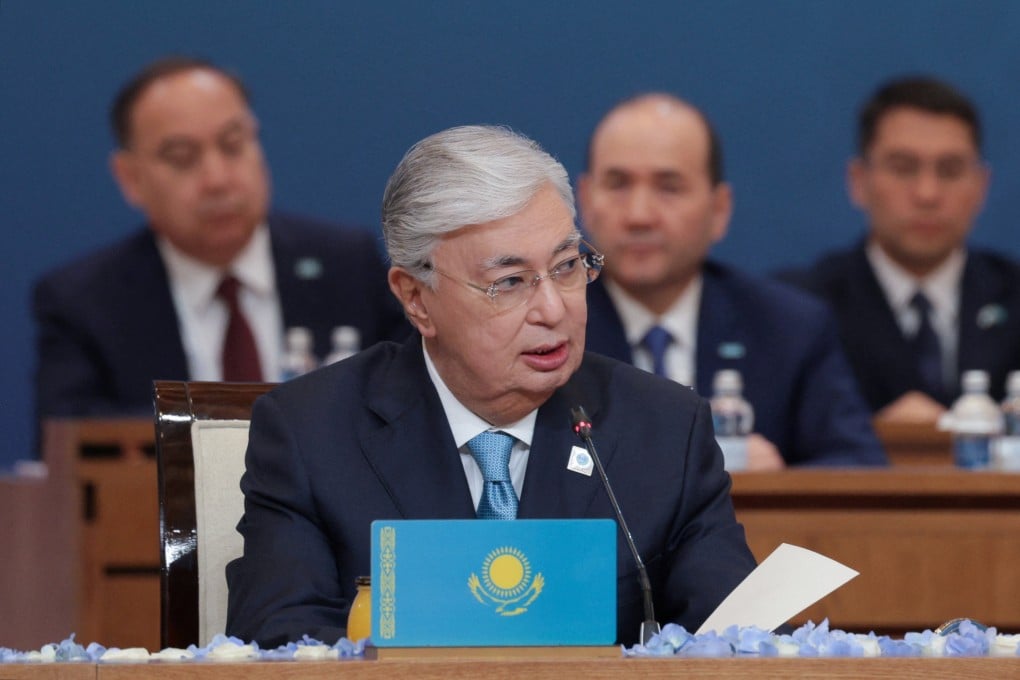Opinion | Has China gained the upper hand over Russia in Kazakhstan?
- The recent Shanghai Cooperation Organisation summit in Astana offered a glimpse of the jockeying for geopolitical influence in Central Asia

Kazakhstan, the largest country in Central Asia, has close ties with both Moscow and Beijing. Despite being Russia’s ally in the Collective Security Treaty Organisation, and a member of the Russia-dominated Eurasian Economic Union, Astana has increased economic cooperation with China. Last year, China overtook Russia to become Kazakhstan’s biggest trading partner, with two-way trade hitting US$41 billion.
Also, before Xi’s visit to the Central Asian nation, Chinese flags and announcements of his visit appeared on the streets of Astana. These symbolic gestures indicate that Kazakhstan sees China as a de facto leader of the group, and that it seeks to strengthen economic relations with Beijing.
Officially, Xi came to Kazakhstan for a state visit, while other SCO leaders only came to participate in the summit. But as Kazakhstan’s Deputy Foreign Minister Roman Vassilienko told me in an interview, out of 10,000 people who came to Astana for the forum, more than half were Chinese, which suggests that the event in the Kazakh capital had huge importance for Beijing.


